It has long been discovered that one of the magic weapons of Japanese drama is to "focus on reality and face anxiety". This is the case with the two Japanese dramas that started broadcasting in April this year. I get off work on time, which also resonates on China’s domestic network, is aimed at the deep accumulated disadvantages under the Japanese "overtime culture" that has been in operation for years; Another new film "Home on Sakamoto Road" (Home on the way to Sakamoto), which was broadcast on April 27th, faces the contemporary Japanese family directly, more precisely, it is the child-rearing pain of contemporary housewives.
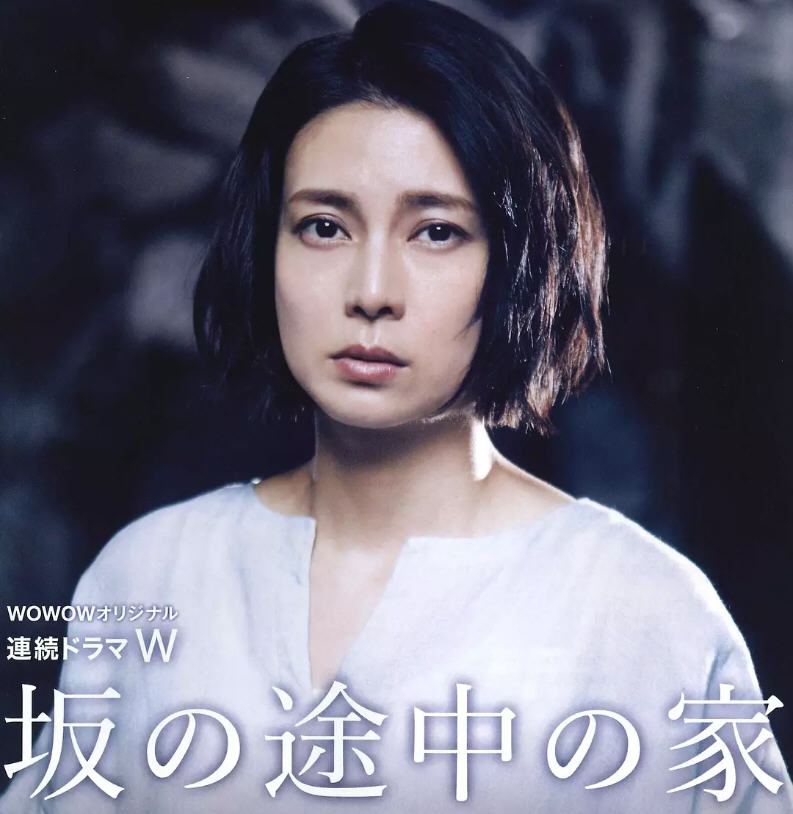
Home on Sakamoto Road
Desperate Housewives
The reason why the word "housewife" should be emphasized is naturally related to the traditional image of Japanese families. "You’re back, you can eat"; "The bath water has been put away"; The lines "Really, the newly cleaned house is dirty again" are familiar to the audience of Japanese family TV series. The husband who is shackled by the "overtime culture" is firmly tied to his job. When he returns home after a busy day outside, his wife often has cooked the food and waited. Before the meal is over, the wife may have put bath water in the bathtub for her husband to spare. On weekends, the husband who rarely takes a vacation is still asleep, while the wife who gets up early is busy in front of the kitchen and washing machine … …
This is probably what Fuyumi Sakamoto, a famous Japanese singer, summed up in "Men’s Fire Sacrifice" (Men’s Fire Sacrifice), "Japanese men try their best to work hard … … A woman marries a woman, lives by her husband, and lives a life of hard housework and guarding her home. " If such lyrics full of "gender differences" are put into European and American music circles, they will definitely be bombarded by feminists as "politically incorrect". In Japan, The Man’s Fire Sacrifice has been on the stage of NHK’s "Red and White Songs" three times so far. This means that in the mainstream social cognition of Japan, "housewife" is the mainstream form of "wife" mode in Japanese families: men are often citizens and producers, and then husbands, while women are first and often only wives.
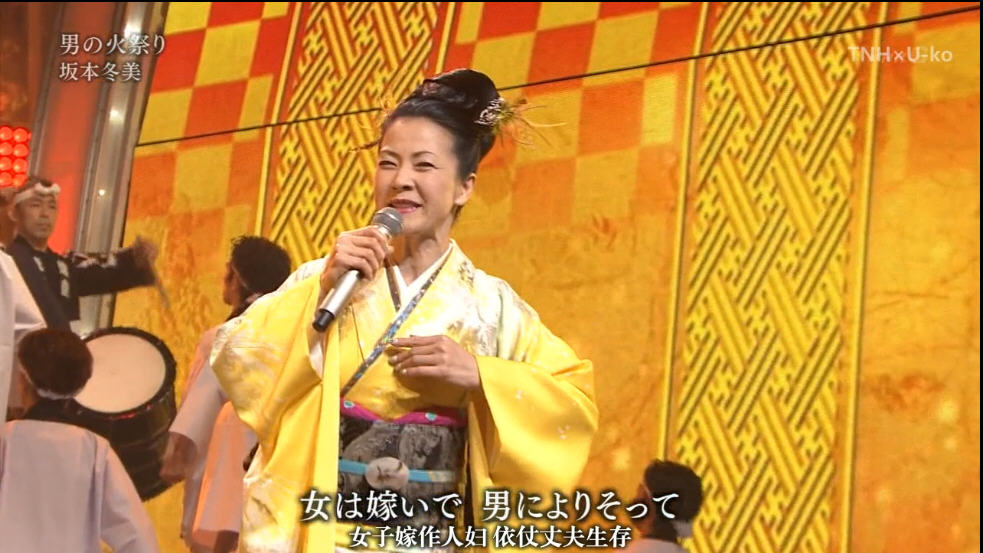
Fuyumi Sakamoto sang "Man’s Fire Sacrifice"
In this way, marriage has become the traditional destination of Japanese women’s happiness and lifelong career. Therefore, the opening monologue of the Japanese drama "Don’t Get Married" (2012) is "Marriage, the stage of life that most people will step into, and anyone can become the dream stage of the protagonist". "Problem Restaurant" (2015) also portrays such a housewife: Morimura Mirror has been fully engaged in housework, parenting and caring for the elderly in the family since her marriage. When she met her old college classmates, she had changed from a confident and energetic girl to a housewife who was passive in Nuo Nuo.
On the other hand, although Xu Zhimo, a famous poet in China, once praised Japanese women like this in Nora, shian: the gentleness of bowing one’s head is the most, like the shyness of a water lotus that can’t overcome the cool wind; But Japanese husbands don’t seem to be satisfied. Ryokawa Yoshiko in Days of Beauty (2014) said: "After three years, my husband will only treat his wife as a refrigerator, thinking that he can eat food at any time just by opening the door, even if it is broken, it will be inconvenient, but he is too lazy to take it for repair and maintenance … …”
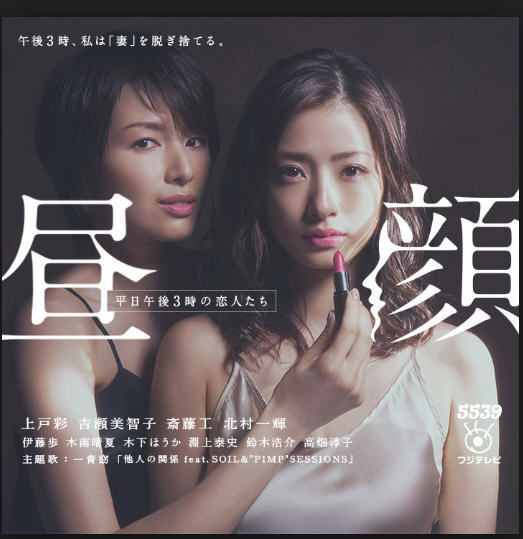
Day and face
Things that make these housewives desperate don’t stop there. The traditional Japanese view of marriage also believes that once married, children will be born, so we must consider the long-term plan of raising children. "Tokyo Women’s Picture Book" (2017) is a Japanese drama about women in the new era, but it still can’t get around the topic of marriage. Even in this society that advertises equal rights between men and women, women have been under great social pressure. At the age of marriage, settle down and find a man to marry and have another child, as if the child is also a medal of a woman. Of course, Rousseau did say three centuries ago that "the most important task for women is to be a mother, and maternal love is a lofty feeling that nothing can surpass" … … This actually sets a very high moral standard for the family role of mother, which is different from the obligations undertaken by the father role. The mother role requires her to pay all for her children and bear almost all the responsibilities of childcare, which is known as "widowed parenting".
Home on Sakamoto Road is such a TV series with the theme of "Desperate Housewives". Like many popular Japanese dramas, Home on Sakamoto is also adapted from the novel of the same name. As a woman, Mitsuyo Kakuta, the original author, first had a failed marriage with the writer Ito Takahashi, and later married Zhang Yang Kono, a member of the rock band. The actual experience of these two marriages is naturally enough to make him empathize with the life of a "housewife" and resort to words.
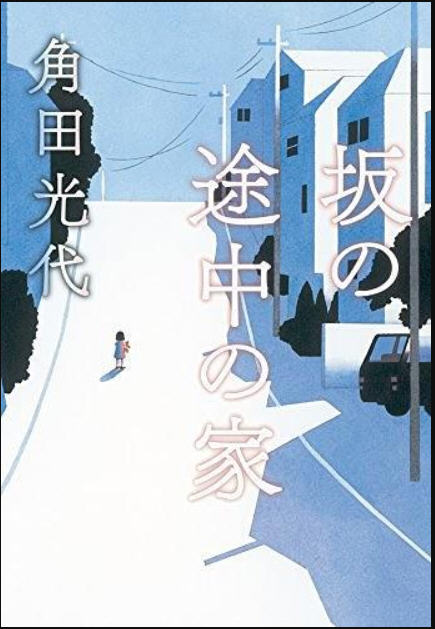
Original novel
Every family has its own difficulties in chanting scriptures.
The protagonist in "Home on Sakamoto Road" is called Sand in the Mountain. She is a housewife with a three-year-old baby. Interestingly, Chai Yunxing (Chai Yunコ コ), who played this role, is still alone even though he had an affair with actor Tsumabuki Satoshi. "Sand in the Mountain" is also the first time she has starred in a TV series since the 2016 Dahe drama "The Female Master Straight Tiger". Can she play the role of a strange housewife? Chai Yunxing himself is full of confidence in this, hoping to "show the attitude of taking his family and raising children seriously". Judging from the dramas that have been broadcast, her acting skills should be said to be quite in place. The sand in the mountain has to take care of some unruly and willful daughters, and also serve her husband, Ichiro Yamamoto, who comes home from work every day to make a living. It is really exhausting. The first thing the husband, played by Seiichi Tanabe, did when he got home was to ask his wife for beer. Even if he is only a few steps away from the refrigerator, he doesn’t want to get it himself … …
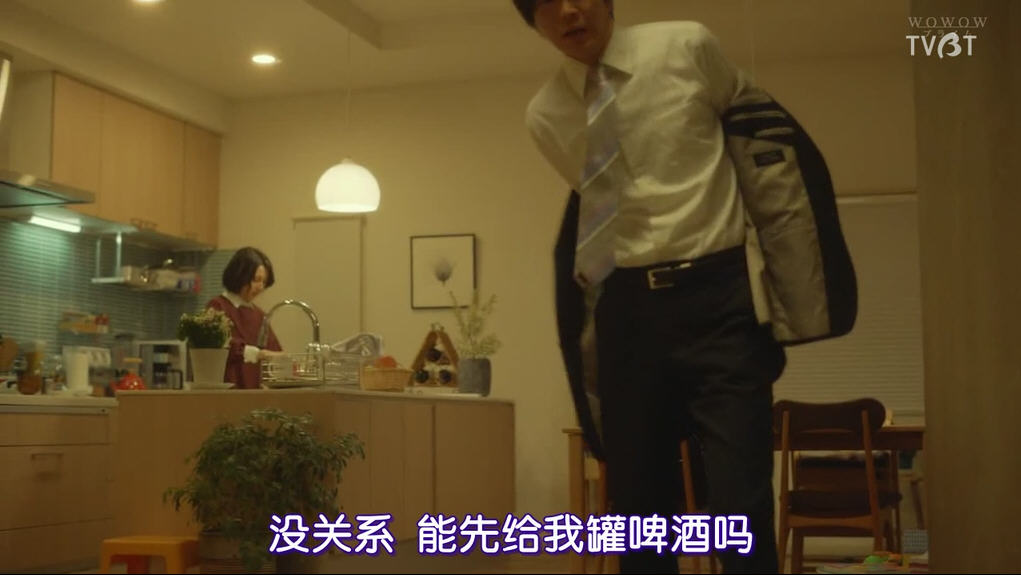
A husband who asks for beer
As the series propaganda said, the six-episode TV series "Home on Sakamoto Road" throws a universal and heartbreaking theme to the mothers who are raising children and the people living around them: "What is family love?" "What is a mother’s life?" "What is life?" The "desperate housewife" in the play is not the only one in the sand in the mountain.
This play presents two main lines to the audience. One of them is a legal trial. Also a professional housewife, Ando Mizuho (Miki Mizuno) drowned her baby, who was only eight months old, in the bathtub at home, so she was taken to court. Japan’s legal system requires that jurors be selected from ordinary people to participate in the trial, and sand in the mountain is unfortunately selected as a "supplementary referee", so it is necessary to report to the court every day to fulfill national obligations, while children can only be fostered in their mother-in-law’s house during the day. At first, the sand in the mountain was convinced that Ando Shuizi was an irresponsible mother. With the deepening of the trial, the past of Ando’s family emerged in front of the jurors. The sand in the mountain just discovered that there are a lot of sufferings and insincerity that can’t be judged by onlookers at will. The essence of this tragedy is not pure child abuse, but a mother with postpartum depression needs help: can she take care of her child wholeheartedly after childbirth and be physically able to bear it? Is there breast milk? Is breast milk enough? Does the baby keep up with other ordinary children? Whether the child’s crying in the middle of the night causes lack of sleep, and whether the mother’s own postpartum physical recovery is good … … The malice around her caused her to lose self-confidence and even lose the ability to take care of her baby.
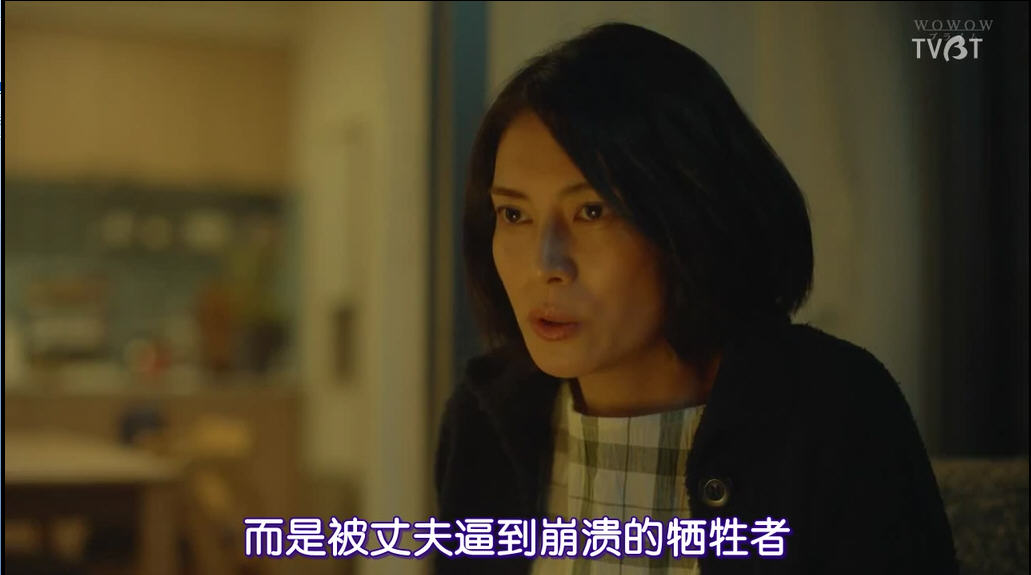
As the trial went on, Shali in the mountain changed his view on the defendant.
What’s even more frightening is that the situations of the defendant and the hostess have gradually overlapped. When her daughter had another willful attack, the sand in the mountain cave pretended to abandon her on the road, but her husband arrived at this time and scolded her for "child abuse." This kind of plot design will really remind people of the scene in The Problem Restaurant. When the mirror is raising children in isolation and doing its best to achieve this goal, it is degraded to nothing by her husband because of her negligence, which causes her son to be injured.
The second main line is the family life of all kinds of people involved in this trial. In addition to the sand in the mountain, Asako Matsushita, a judge, is also the mother of a young child. As a professional woman, both family and career are the goals pursued by women in the new era, but her husband is unwilling to share the housework of child-rearing and urges his wife to prepare for a second child. The life of Panasonic Asako has also become overwhelmed. The juror Yamada and your family are another kind of distress. The wife from a rich family felt the gap in real life after becoming a housewife. As a result, the relationship between husband and wife is on the verge of breaking up. Yamada and Gui have to stay in the company until 10 pm every day, and their relationship with young female colleagues has become ambiguous. As for another juror, Fanghe Liushi has an "enlightened" husband, and Alice doesn’t mind "dink" all her life, but Fanghe Liushi is eager to have her own children and is working hard for it … … This is exactly what Tolstoy said, "All happy families are the same, and each unhappy family is unhappy in its own way". However, in "Home on Sakamoto Road", the audience can’t seem to see where happiness lies.
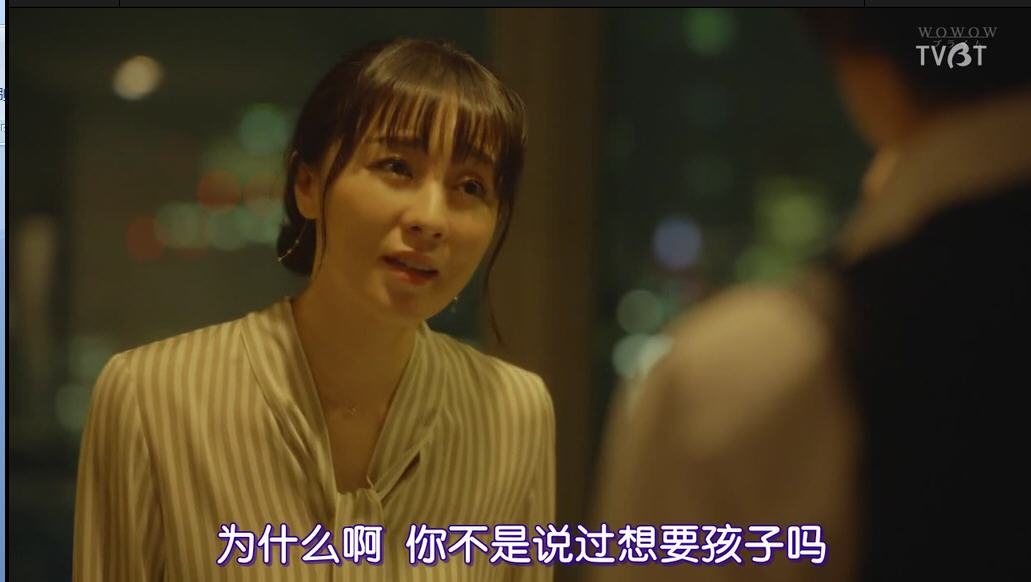
Longing for children’s Fanghe Liushi
"necessary evil"
Even as a foreign audience, people still can’t help but ask, is it reasonable to put all the burden of the family on the shoulders of the "housewife"?
In fact, it can’t be said that the contemporary Japanese have ignored this problem. In 2016, the smash hit "Escape is shameful but useful" explored the long-neglected value of female family labor. As said in the play, the working time of housewives is 2,199 hours a year, and the value of this job is 3.041 million yen (about 190,000 RMB) per year. A housewife who seems to be doing nothing can be equivalent to a company employee after careful calculation. In this way, the idea of getting married without paying the housewife the corresponding reward is called "love squeezing" However, although more and more Japanese women have entered the workplace in recent years, their role as the main undertaker of domestic labor has not fundamentally changed. The traditional division of gender roles of "men dominate outside and women dominate inside" has become loose, but it has been replaced by an embarrassing situation of "men dominate outside and women dominate inside and outside".
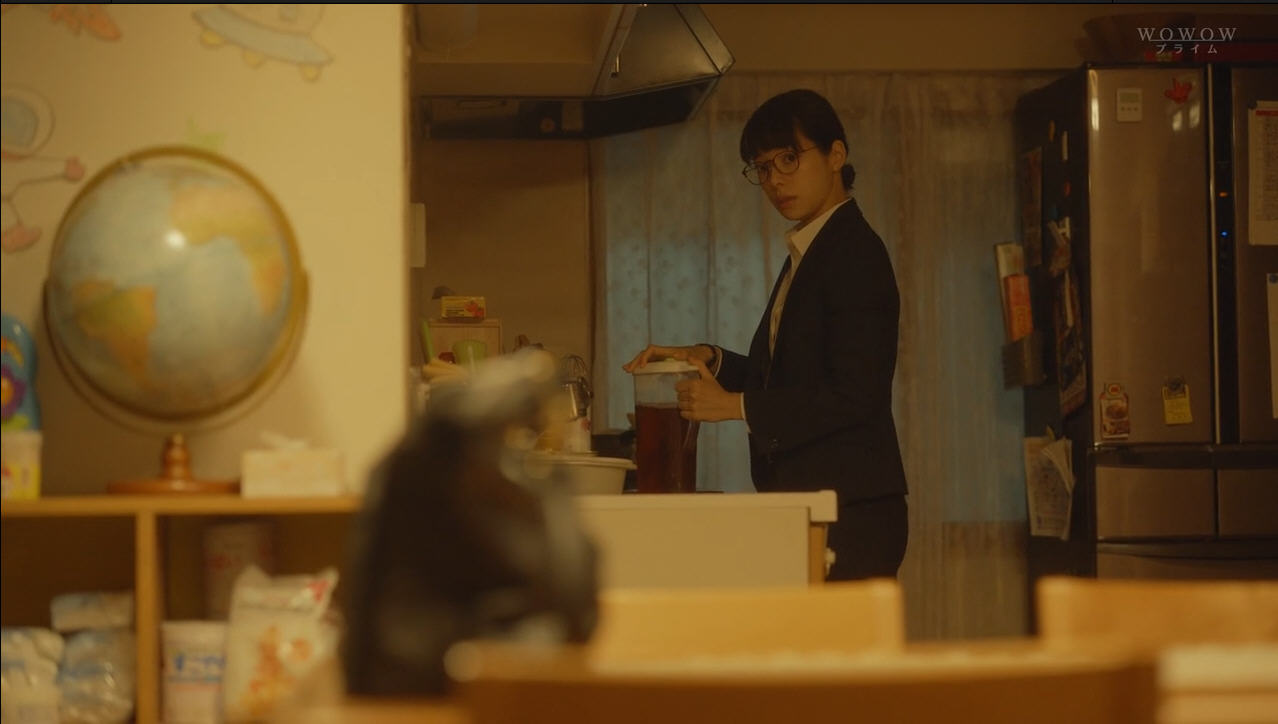
Panasonic Asako who takes care of work and family in the play
However, this situation appears to be smooth in Japan. "Clean and tidy streets, exquisite and delicious food, picturesque scenery, ancient culture, considerate service and advanced technology … … The only thing this country needs to work hard now is to be nicer to women … …” This is a compliment from Ms. Ngcuka, Director of UN Women and former South African Vice President, during her visit to Japan in 2014, to express her expectation for Abe’s new policy of "Women Active and Shining Society" at that time. Ironically, four years later, according to the Global Gender Gap Report of the World Economic Forum in Davos in 2018, Japan fell from the original 104th place to 114th place (behind China), which became a flaw in the crown of its developed countries.
In "Home on Sakamoto Road", even through the performance of the elders who are also women, it shows the social maintenance of this unfair state. In the eyes of the defendant’s mother-in-law, Ando Bangzhi (Mitsuko Baisho), the daughter-in-law is completely lazy, not "postpartum depression". She confidently declared in court that "raising children is of course hard, but as long as you get through this, you will feel happy." However, the same mother-in-law actually came up with the idea of letting her baby son (An Teng Xiushi) stay in a hotel directly after work, in order not to let the noise of housework and children affect his rest. The reason is still justified: "An Teng Xiushi is the pillar of the family, so of course he should ensure his rest" … …
As for the mother-in-law in the sand in the mountain, she is not only following her son’s request, but in her family, it is natural that she has no connection with her husband to look after her granddaughter and do housework. The latter who retires at home only studies the chess playing method by herself, and shouts, "Dinner is ready" when the time comes.
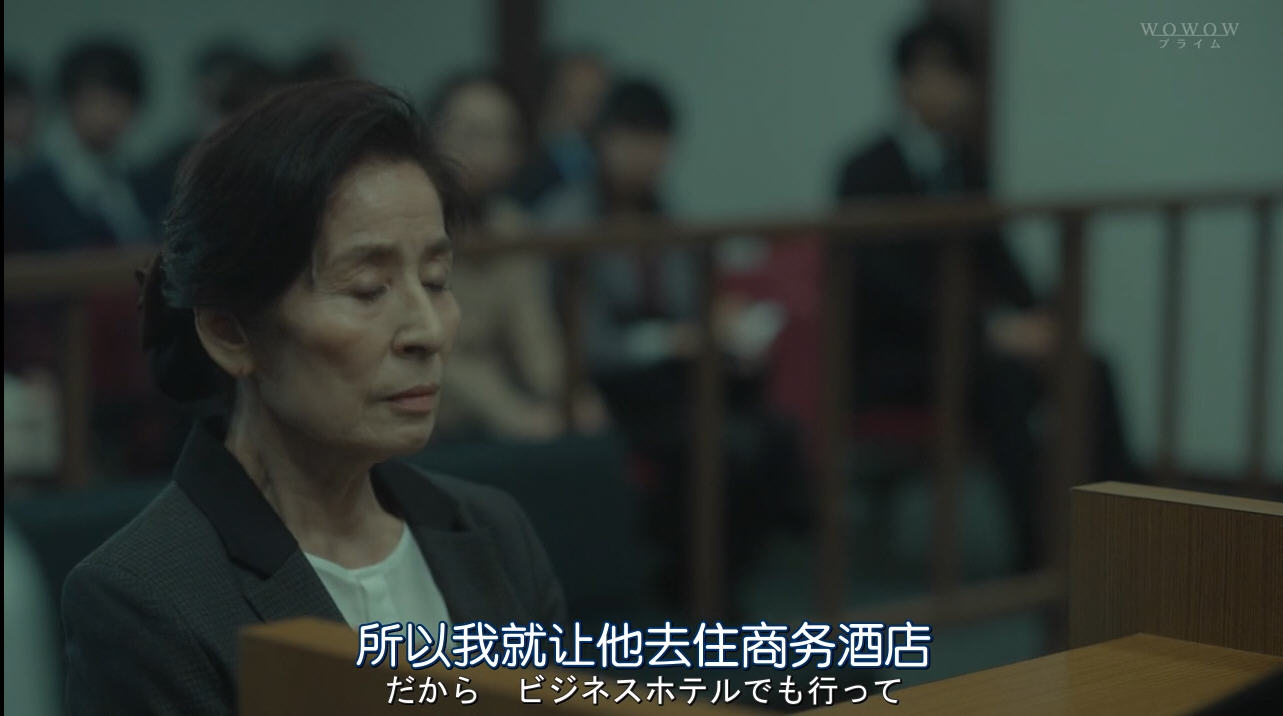
A mother-in-law who cares about her son’s rest
From this point of view, the housewives in Home on Sakamoto seem to be facing a "necessary evil". Although people hope that the unfair treatment of women will disappear as soon as possible, they have to do it because of the needs of social tradition. However, it seems that the situation of housewives is even more desperate.